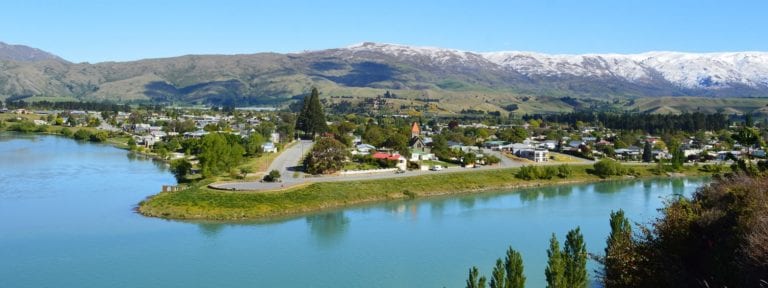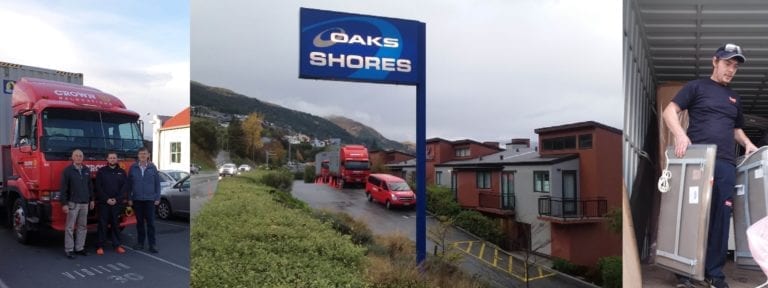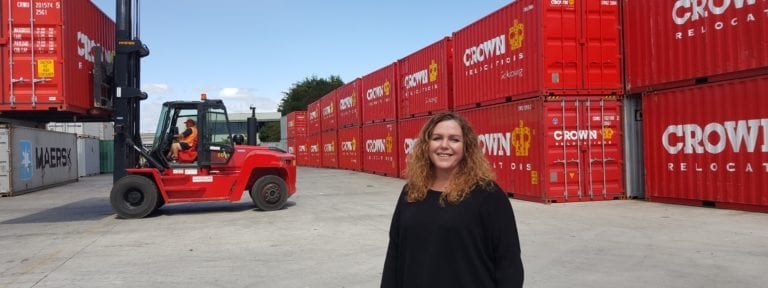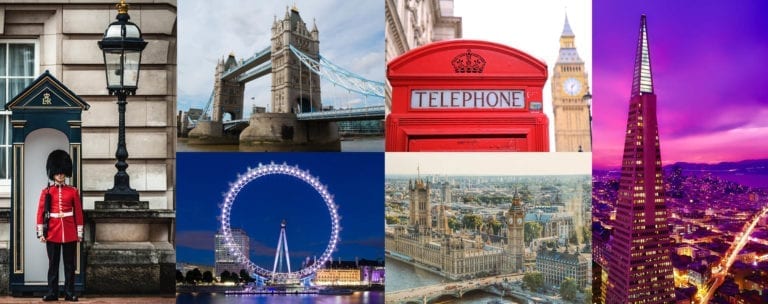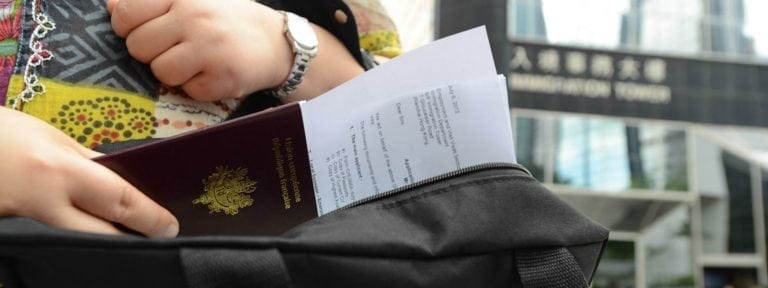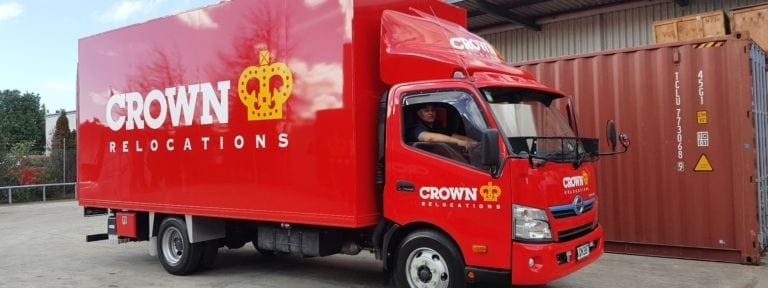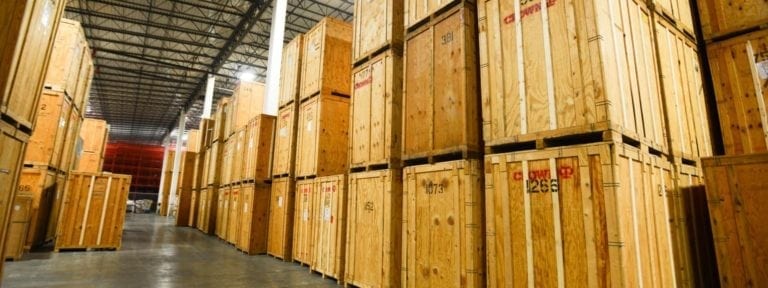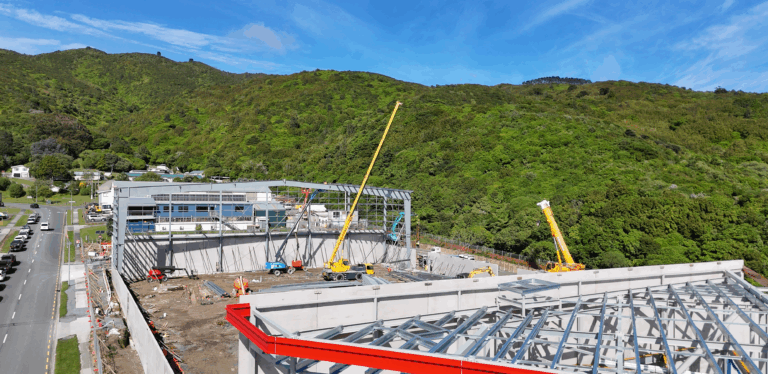As the largest and most populous continent in the world, Asia has become an increasingly popular destination for expatriate assignments over the last decade.
Asia has the second largest nominal GDP of all continents, following Europe, but the largest when measured in purchasing power parity. The largest economies in the continent are China, Japan, India, South Korea and Indonesia.
As well as economic prosperity, the continent is historically rich in religion, ritual and tradition, and was the birthplace of most of the world’s mainstream religions.
A relocation to Asia may seem like a daunting task, given the wide range of countries and cultural differences, however many expatriates find the change in environment extremely rewarding in the long run.
However, due to these differences, it’s important for expatriates to be aware of many factors before making the move.
Differences in the workplace
Many expatriates report the method of conducting business in Asia to be very different from in western countries; this can often be due to the vast difference between eastern and western cultures.
Eastern countries are typically ‘collectivist’, which means they are extremely family-orientated and group-minded. They often seek to avoid conflicts and think in terms of other people versus themselves. This is in opposition to western culture, which is deemed as ‘individualist’, meaning the focus is on the self.
These different attitudes are often reflected in business practices. Asian companies may favour building long-term relationships and sustained respect between people over immediate profit margins or short-term business goals.
Asian companies also typically place importance on hierarchical and organisational business structuring. As a result, employees commonly have inhibitions about approaching their superior or manager.
However, it’s also important for social interaction with other employees to take place. Korean and Japanese businesses frequently host dinner functions and parties for staff.
Dependent on the workplace, learning the native language can be a big help with social interaction, feeling comfortable and professional functionality. Although it may be a big task, the process can be personally beneficial in numerous ways.
Moving with the family
One of the main considerations when moving with your family to Asia is schooling. Due to the increased number of expatriates heading to the continent, there has been an overwhelming demand for international schools, making it hard for new entrants to be accepted
In destinations like Hong Kong and Singapore, international schools will typically be in higher demand than others in the continent. Accordingly, it’s advised to be well researched on all the options available for you and your children, and to apply early.
These schools are well equipped to cater to individual curricular needs, and are extremely well renowned for providing a world-class education.
Spousal happiness is a key to any relocation, more so when the move is to the other side of the world. The experience may be intimidating, and feelings of loneliness or isolation may occur. To avoid this, it’s advised for spouses to immerse themselves in the local culture and environment. Finding expatriate communities can be a big help in establishing a new social network and meeting other people in the same situation.
Dependent on your location in Asia, contacting a local real estate agent will be the easiest way to find the right accommodation to suit you and your family.
Benefiting from the experience
Although the relocation to Asia may be an emotionally turbulent time, most families report the experience to be an overwhelmingly positive one.
Culture shock can definitely be a factor in the move, however when acclimatised the door to new experiences, new relationships and personal growth opens.
Living abroad is often a life changing moment for people. The experience can bring about long term changes in perspective, as well as a greater understanding of people and the world in which we live.
Asia in particular has lots to offer, from eastern philosophies, traditions, cultures, food, activities and beliefs, many westerners find the change a profound and deeply moving one. Whether you have a little or a lot, you can find lots to do and places to explore with these guides to Japan.
For further information visit Crown Relocations’ dedicated page on Moving to Asia. Alternatively contact our friendly team on: 0508 227 696 or request a free, no obligation movers quote.














